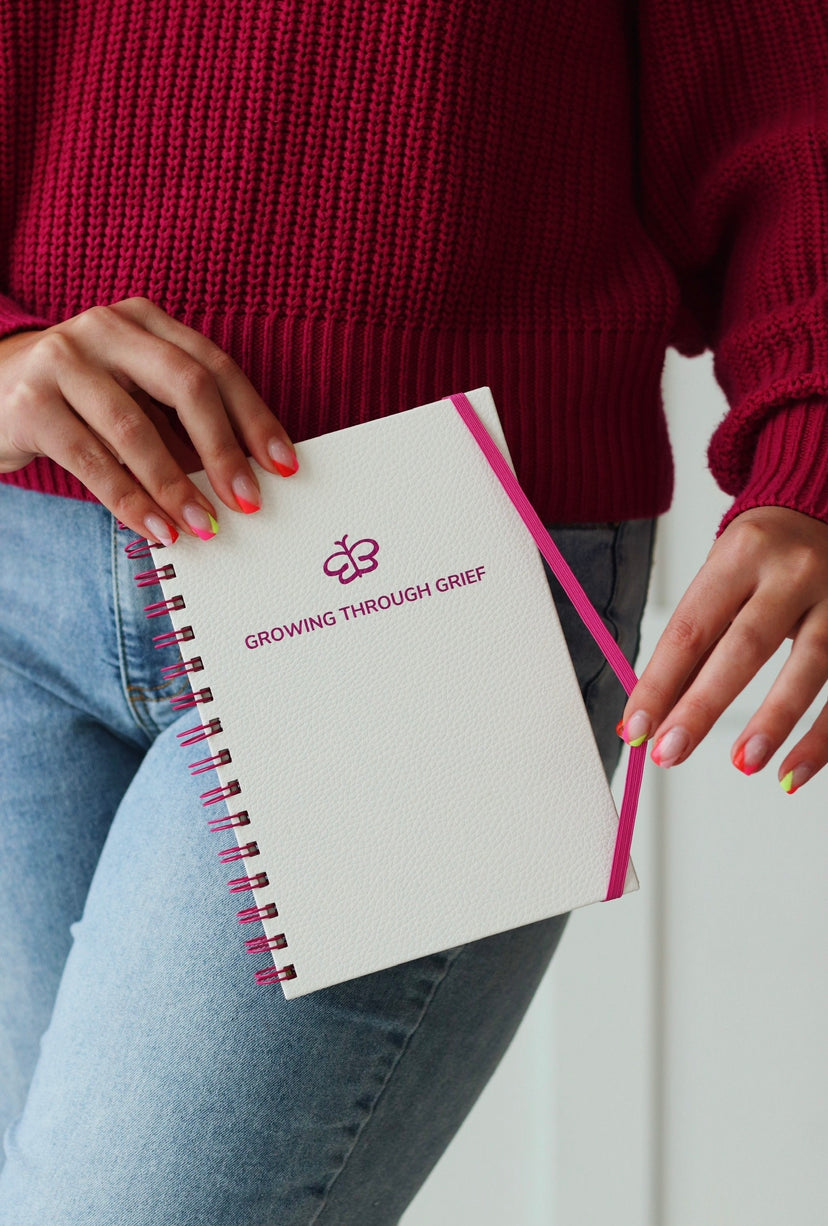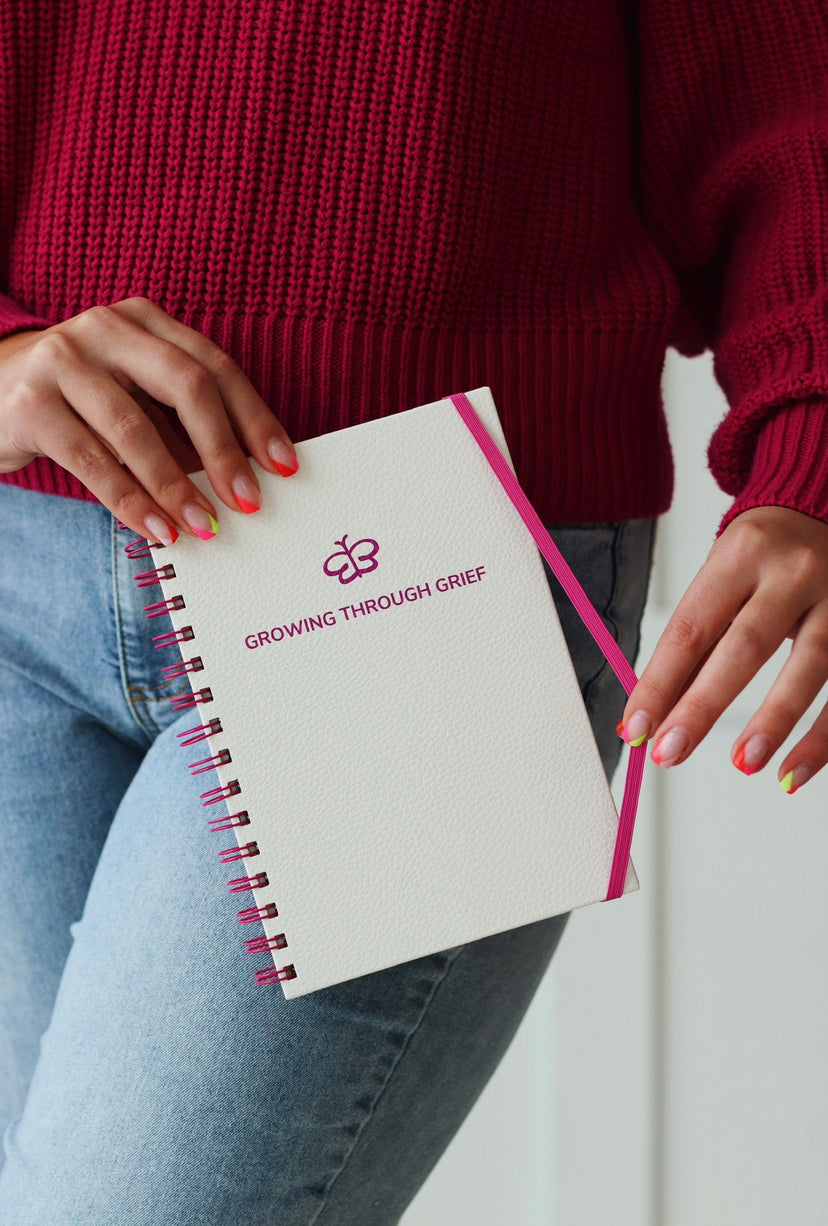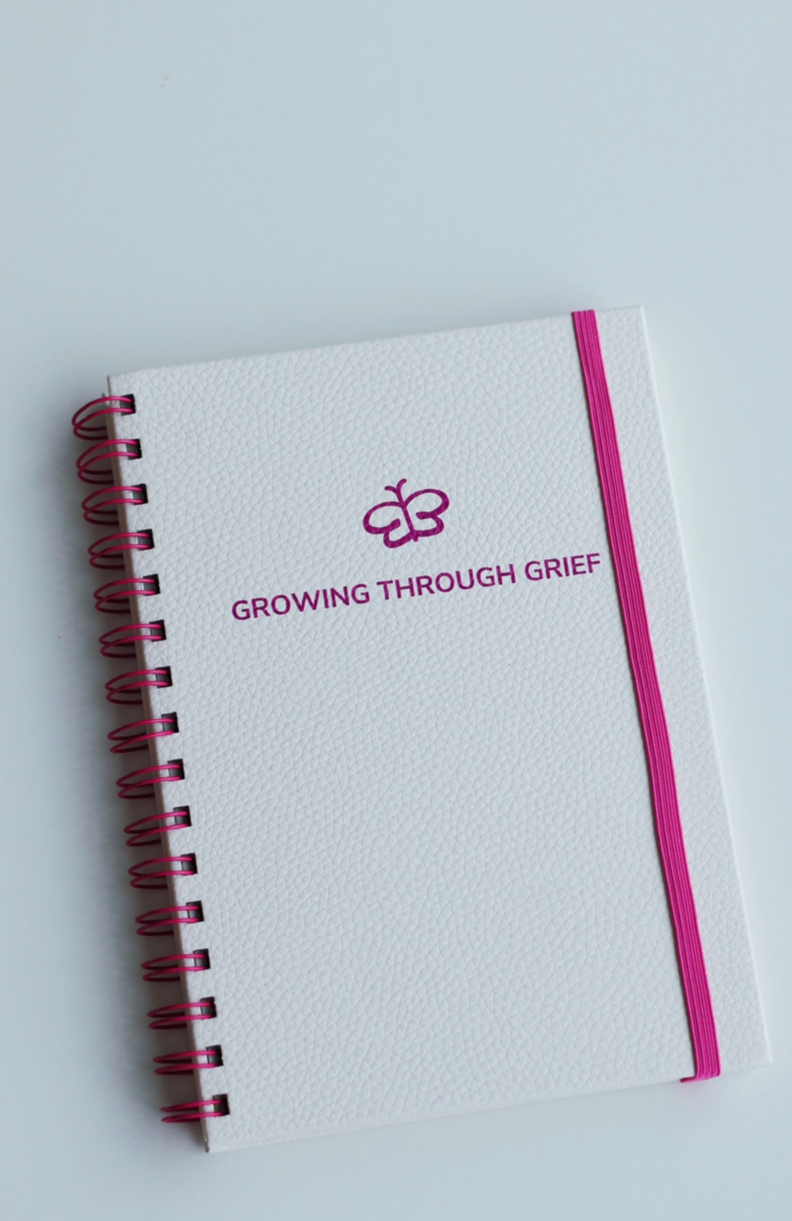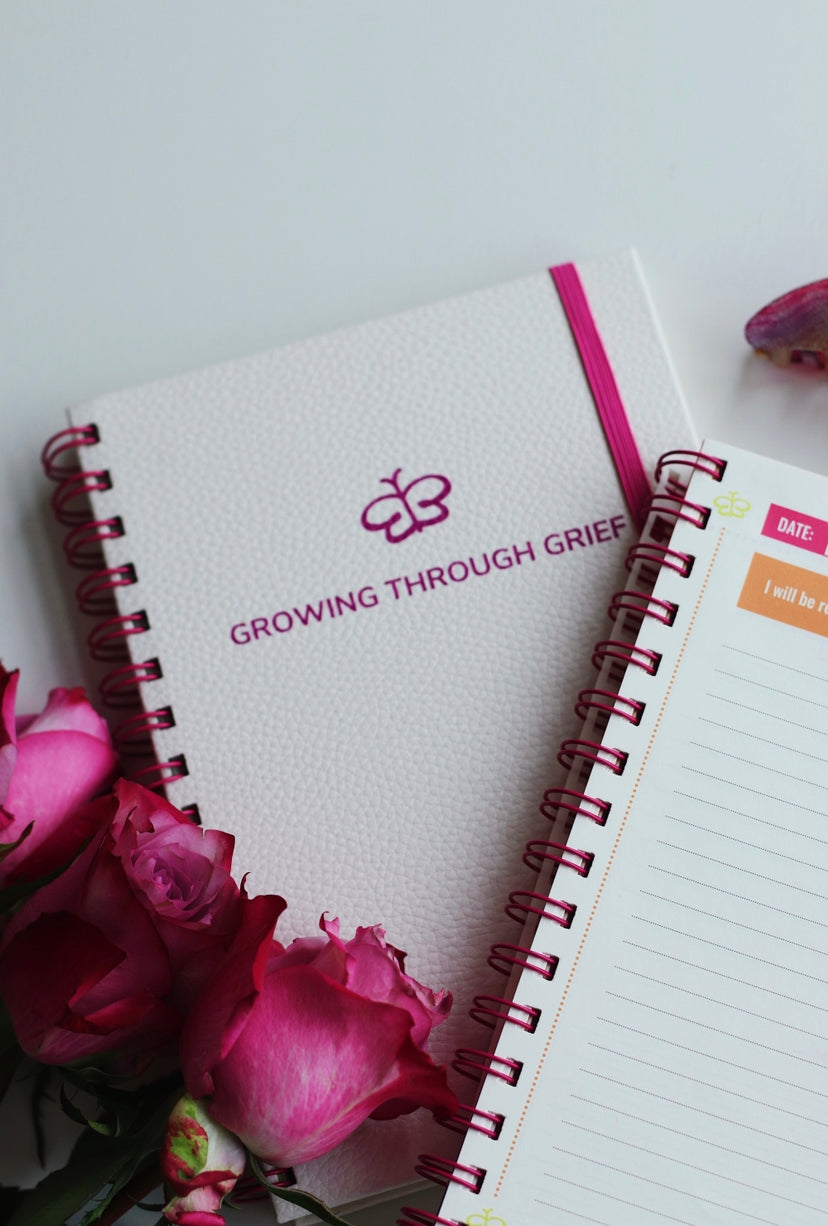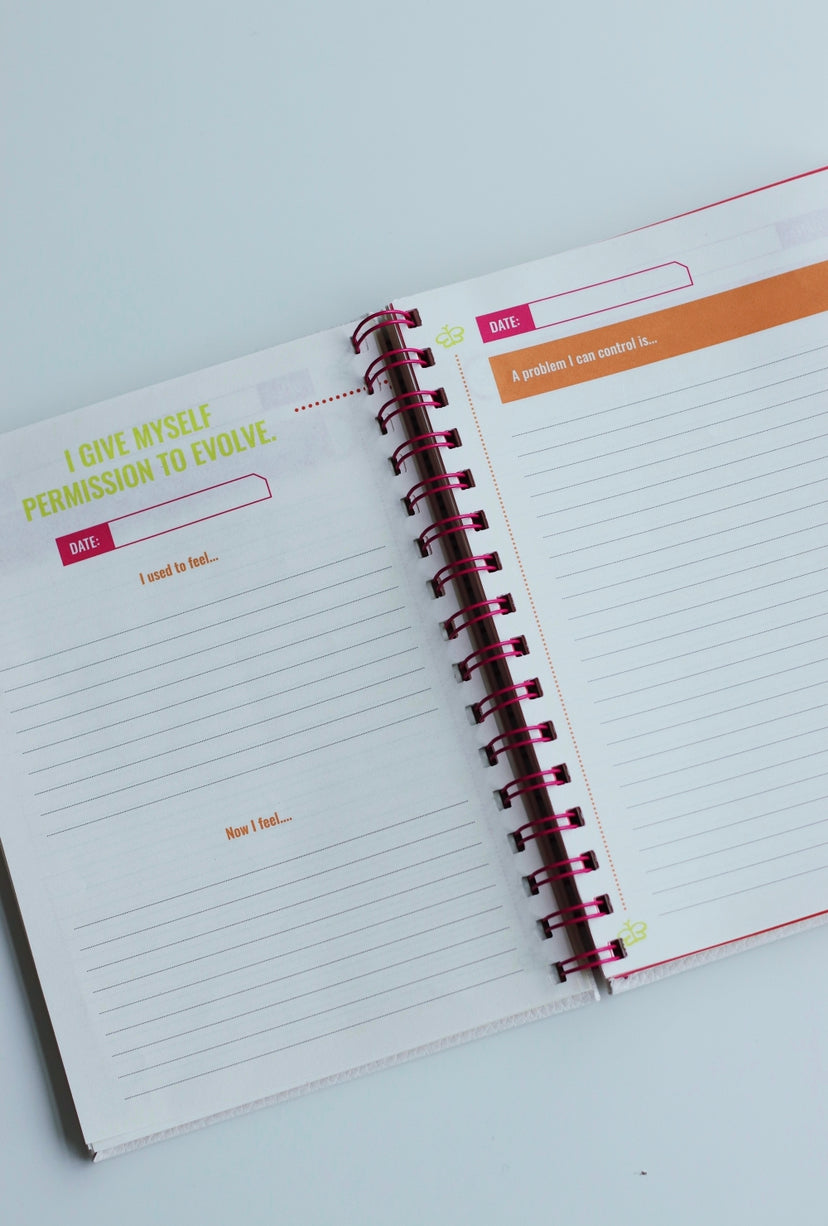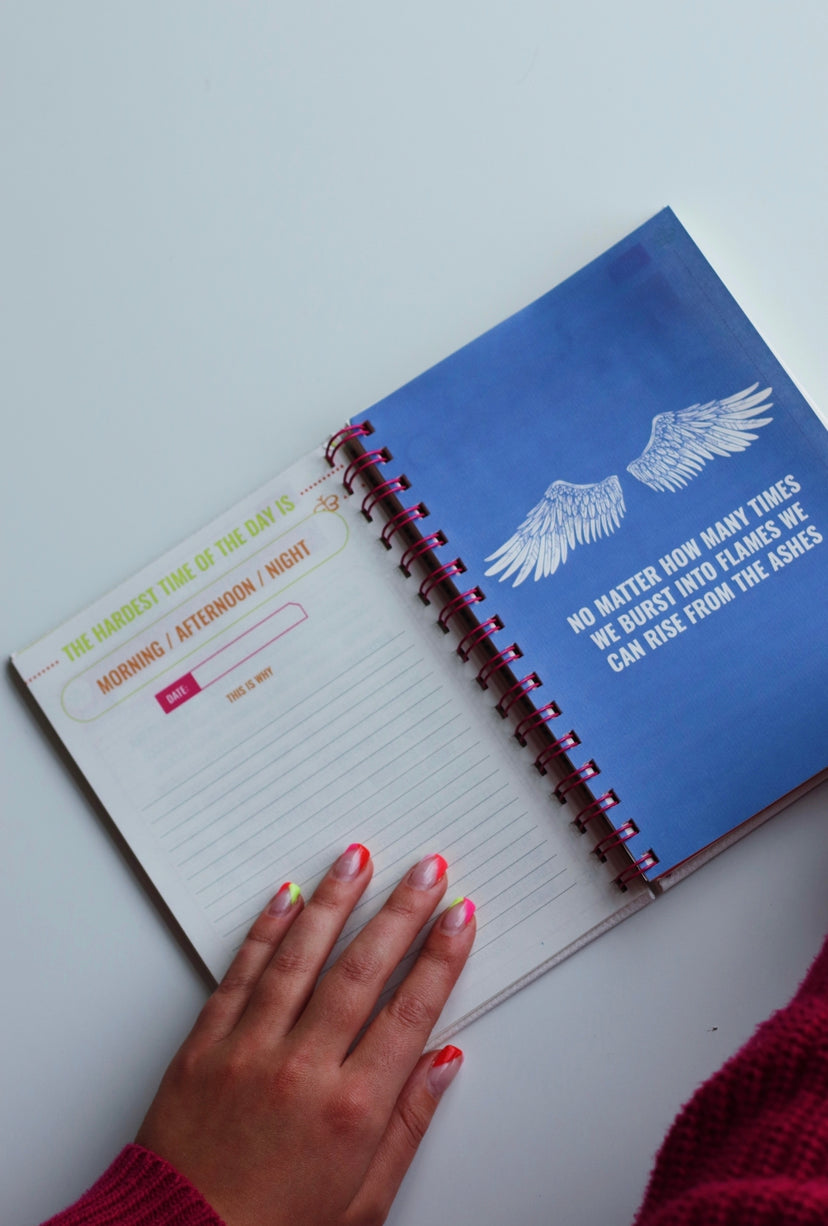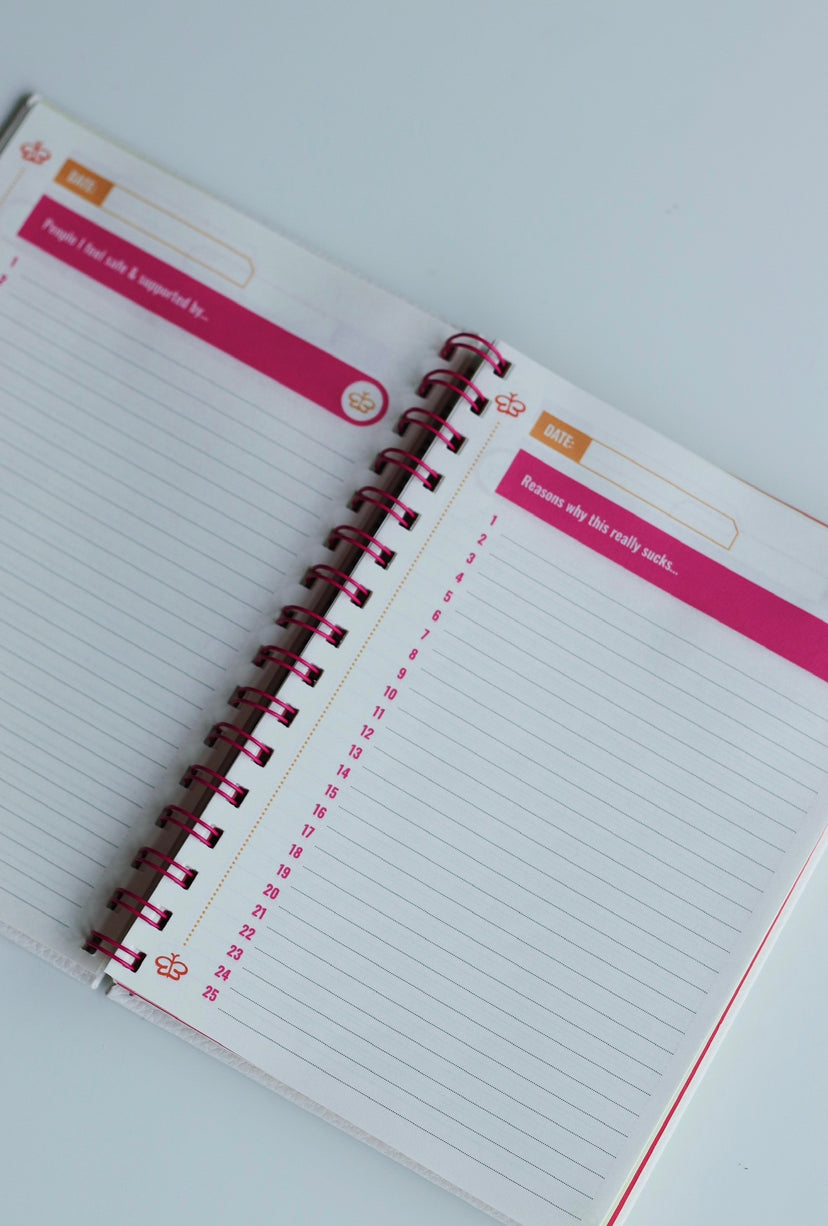Grief is an individual process and for some, it can last longer than for others. There is no "right" or "wrong" time to grieve, but understanding the stages of grief and accepting that it may take a while before you begin to feel better can help. Learn more about how long grief can last and what steps you can take to cope with your emotions here.
Acknowledge Your Feelings
Acknowledging and accepting your feelings is a crucial part of dealing with grief. It can often help to talk through your feelings with a friend or family member, or seek professional support if needed. Allowing yourself to experience moments of sadness, anger, guilt, or resentment can ultimately help you to move through the grieving process.
Download our FREE Feelings Wheel Printable HERE
Talk About Your Grief
Talking about your grief is essential in giving yourself a chance to express, understand and accept what has happened. Keeping your feelings of anguish bottled up can be detrimental to the healing process. Although it might feel strange at first, talking to those closest to you can not only help you to better manage your emotions, but also provide an outlet for support and care that will help you move through your loss.
A great way to start practicing using your voice to talk about your grief is by journaling. A journal like the Growing through Grief prompted journal will guide you through the first steps of opening up & expressing what has happened.
Allow Yourself To Take Breaks
It is OK to take breaks from grieving and your emotions during a difficult time. Take some time for yourself away from all the sadness, stress and hardship that comes with loss. Even if it’s just to get out of the house for a few hours or moving your body, allow yourself moments of respite to clear your head and reset yourself mentally. Taking breaks doesn’t mean you are forgetting or diminishing the person lost – it’s simply a way of giving yourself space to unwind before continuing on with grief.
Deal with Everyday Tasks Carefully
It can be difficult to stay motivated and manage everyday tasks while grieving. Stick to a routine, even if it’s just one task at a time. This will help you feel productive and in control. Creating structure when your world is spiraling out of control can make everything else seem less overwhelming and daunting. Take things slowly and don't pick up too much at once. Reward yourself with something that makes you happy too!
Practice Self-Care and Be Gentle With Yourself
Place a premium on self-care and extend yourself the same compassion you would offer a friend. Allow yourself time to adjust, mourn and heal. Take breaks from your day as needed, focus on healthy activities like eating well, exercise, journaling and spending time outside. Practice deep breathing or yoga or meditation – whatever feels calming to you to help manage anxiety or stress. Remember to talk about your feelings with friends and family if you are able for emotional support, or visit a professional counsellor if necessary.


